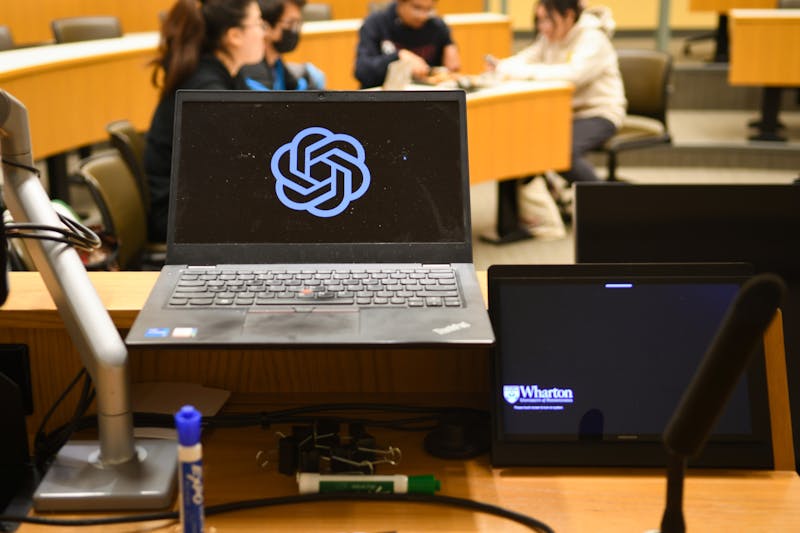
“Confidence is never confident enough.” At a place like Penn, this advice given by my pre-major advisor comes back to haunt me like the plague. These are some really trying times. While the school year comes to a close, there are some daunting questions we must confront. In college, I thought that the hardest questions to answer would be related to where I find meaning or the kind of person I want to become; instead, the most challenging question to answer seems to be: “What are you doing this summer?”
Don’t get me wrong: My gripe does not necessarily concern the high pressure associated with getting an internship. There are already plenty of articles concerning the stress that comes with Penn’s notorious preprofessionalism. It can’t be denied that this type of culture promotes professional success at the cost of passion or mental health, but to a certain extent, preprofessionalism does benefit students in the long run.
In a job market that only gets more competitive as time passes, internships can be crucial in becoming a standout candidate. In actuality, around 90% of Penn students complete at least one internship by graduation compared to the national average of just 60%. But it has quickly dawned on me that an internship is not simply an opportunity here — it’s social currency in the form of “humblebragging.”
The topic of internships seems to come up in all of my conversations, to the point where I can barely get out the “Fine, how are you?” before someone interrogates me about my summer plans. But these questions don’t seem to come out of genuine curiosity — it’s an interaction that consists of physically sizing up the other person before going in for the kill.
Everyone is trying to gauge where their summer plans lie in the internship hierarchy to construct the most impressive version of themselves. In a particular conversation, I can recall moments in which people prefaced their internship discussion by saying, “But it was just a nonprofit” or “only research.” What these conversations have made glaringly obvious to me is that at Penn, we seem to speak our own language. It is not a language of pleasantries, but rather of self-promotion, and consequently, self-deprecation.
It makes sense that at such an elite university, we’re trained to sell our skills and personalities, whether for career fairs, job interviews, or even in a simple conversation with our professors. Confidence is essential to professional ambition, but this attitude is problematic when it starts melding with our personal lives. No one is alone in thinking that at times, it can almost feel as if other students are trying to learn more about our achievements than our character or interests. There will always be something fundamentally bizarre about those interactions in which I cannot tell the difference between a coffee chat and an actual chat.
Admittedly, though, there is a difference between bragging on purpose and by habit. I am inclined to believe that most Penn students fall into the latter category, including myself. Because our student culture is heavily tied up in careerism and a resume-padding mentality, it’s more likely that students are simply more well versed in small talk than heart-to-heart discussions. Once again, it is true that Penn gives its students an edge in the labor market, with the majority of 2024 graduates from the Wharton School and College of Arts and Sciences possessing a full-time job after graduation. However, the world of corporate speak and industry is merely one aspect of life. Perhaps we should consider that Penn does not necessarily prepare its students as well to have authentic social interactions.
There is no obvious solution or quick fix to an issue of inauthenticity that — to many students and faculty — might not feel like an issue at all. Nevertheless, it seems like there are still many students who feel distant from their peers because the relationships they form are either transactional or lack vulnerability. Maybe, if we want to shift our realities, we have to change our literal scripts — to stop pretending to be something we are not, and instead become more confident in who we actually are.
LINDSAY MUNETON is a College sophomore from Bergenfield, N.J. studying sociology. Her email address is lmuneton@sas.upenn.edu.
The Daily Pennsylvanian is an independent, student-run newspaper. Please consider making a donation to support the coverage that shapes the University. Your generosity ensures a future of strong journalism at Penn.
Donate








